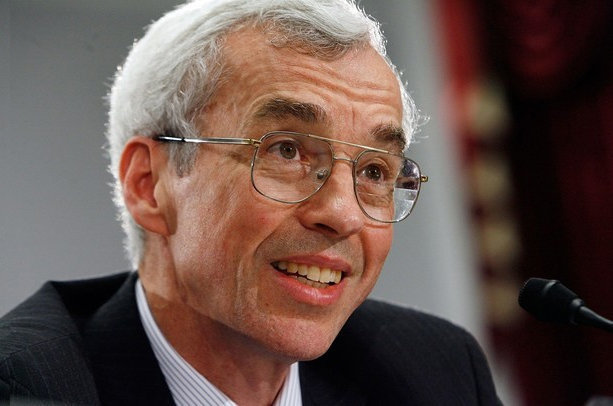‘Warsaw Conference unlikely to result in any practical achievements’

TEHRAN – Professor Paul Pillar, who was CIA intelligence analyst for 28 years, tells the Tehran Times that the Trump administration has had to walk back from what it initially hoped to do with the Warsaw's Conference.
Pillar says “Initially the intention was to make the conference--like much else in the administration's foreign policy--chiefly an anti-Iran exercise. It quickly became apparent that many European governments, including co-host Poland, were uncomfortable with that focus.”
He also adds that “Faced with the prospect of poor attendance, the Trump administration has more recently downplayed the anti-Iran dimension.”
Following is the text of the interview:
Q: The United States has announced that it will hold a meeting in Poland on the issue of stability in the Middle East, but the name of the meeting is still vague and unclear. Although the Warsaw's Conference was initially announced against Iran, Acting Representative of the United States to the United Nations, Jonathan Cohen, recently announced that the Polish summit would not be to defame Iran. Why the goals and the name of the Polish meeting is Ambiguous and unclear?
A: The Trump administration has had to walk back from what it initially hoped to do with this conference. Initially the intention was to make the conference--like much else in the administration's foreign policy--chiefly an anti-Iran exercise. It quickly became apparent that many European governments, including co-host Poland, were uncomfortable with that focus. The European Union's foreign affairs chief indicated she would not attend. Faced with the prospect of poor attendance, the Trump administration has more recently downplayed the anti-Iran dimension.
Q: If Warsaw's Conference been anti-Iranian, whether the presence of European countries in this summit will Undermine Joint Comprehensive Plan of Action with Iran (JCPOA)?
A: The conference, whatever the European attendance may turn out to be, is unlikely to have any effect on the JCPOA one way or another. The European governments see the conference mainly as a rhetorical exercise that the Trump administration will try to use to promote its favorite themes, rather than being a serious attempt to reach new international agreements or devise strategy toward existing agreements.
Q: Do you think that the presence of European countries in Warsaw's Conference will mean that Europe surrenders to trump, and then the SPV mechanism with Iran will no longer work?
A: Most of the governments sending senior leaders to the conference will do so with the intention of not simply applauding the U.S. government's themes. They will try to keep the focus broad and not let the conference just turn into an anti-Iran exercise. Presumably the British foreign minister is attending with that intention. The SPV faces significant challenges, but this conference is not one of them.
Q: Whether Warsaw's Conference will has a practical achievement against Iran?
A: This conference is unlikely to result in any practical achievements on anything. Productive international conferences require much more preliminary work and more indication of a consensus on key issues than one sees with this conference.
